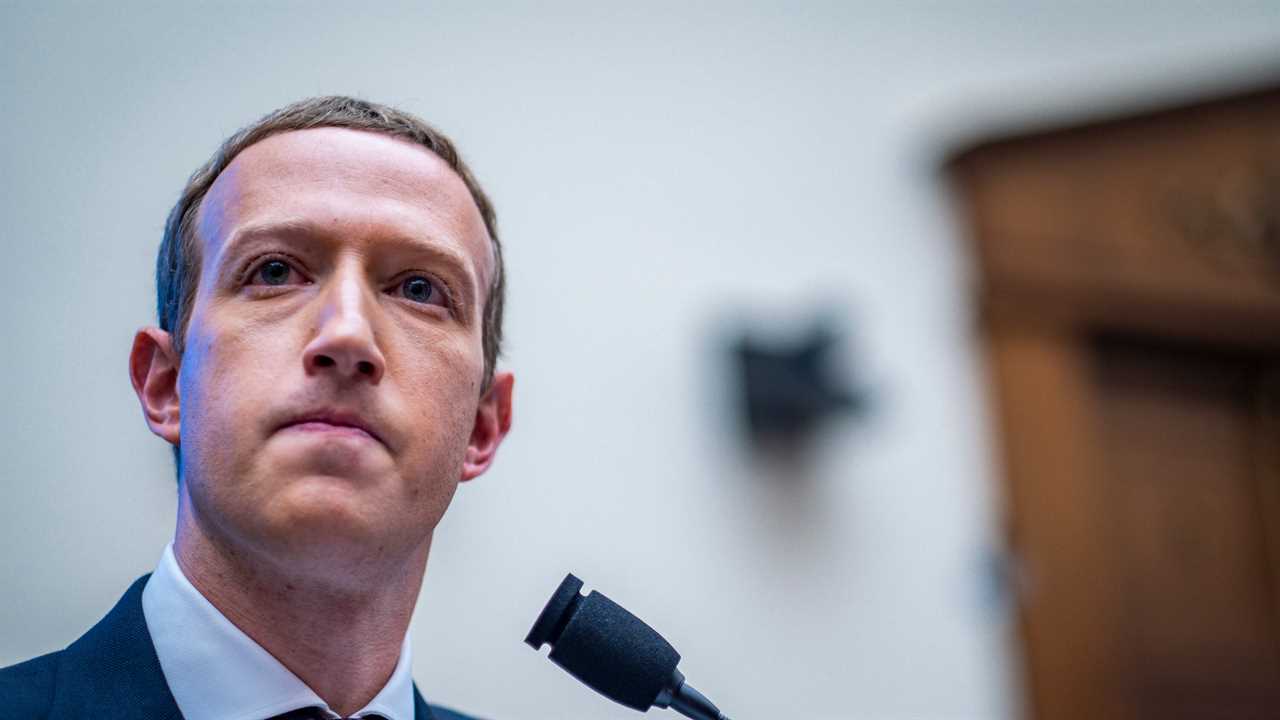
Mark Zuckerberg, who donated nearly half a billion dollars to election offices across the nation in 2020 and drew criticism from conservatives suspicious of his influence on the presidential election, won’t be making additional grants this year, a spokesman for the Facebook founder confirmed on Tuesday.
The spokesman, Ben LaBolt, said the donations by Mr. Zuckerberg, the chief executive of Meta, and his wife, Priscilla Chan, were never intended to be a stream of funding for the administration of elections.
The couple gave $419 million to two nonprofit organizations that disbursed grants in 2020 to more than 2,500 election departments, which were grappling with a shortfall of government funding as they adopted new procedures during the coronavirus pandemic.
The infusion of private donations helped to pay for new ballot-counting equipment, efforts to expand mail-in voting, personal protective equipment and the training of poll workers.
It also sowed seeds of mistrust among supporters of former President Donald J. Trump. Critics referred to the grants as “Zuckerbucks” and some frequently claimed, without evidence, that the money was used to help secure Joseph R. Biden Jr.’s victory. Several states controlled by Republicans banned private donations to election offices in response.
“As Mark and Priscilla made clear previously, their election infrastructure donation to help ensure that Americans could vote during the height of the pandemic was a one-time donation given the unprecedented nature of the crisis,” Mr. LaBolt said in an email on Tuesday. “They have no plans to repeat that donation.”
The Center for Tech and Civic Life, a nonprofit group with liberal ties that became a vessel for $350 million of the contributions from Mr. Zuckerberg and Dr. Chan in 2020, announced on Monday that it was shifting to a different model for supporting the work of local election administrators.
During an appearance on Monday at the TED2022 conference in Vancouver, Tiana Epps-Johnson, the center’s executive director, said that the organization would begin a five-year, $80 million program to help meet the needs of election departments across the country.
Called the U.S. Alliance for Election Excellence, the program will draw funding through the Audacious Project, a philanthropic collective housed at the TED organization, the center said. Mr. Zuckerberg and Dr. Chan are not involved in the new initiative, Mr. LaBolt said.
At the event on Monday, Ms. Epps-Johnson said the grants distributed by the center in 2020 helped fill a substantial void of resources for those overseeing elections in the United States. One town in New England, she said without specifying, was able to replace voting equipment from the early 1900s that was held together with duct tape.
“The United States election infrastructure is crumbling,” Ms. Epps-Johnson said.
In addition to the Center for Technology and Civic Life, Mr. Zuckerberg and Dr. Chan gave $69.6 million to the Center for Election Innovation & Research in 2020. At the time, that nonprofit group said that the top election officials in 23 states had applied for grants.
Republicans have been unrelenting in their criticism of the social media mogul and his donations.
While campaigning for the U.S. Senate on Tuesday in Perrysburg, Ohio, J.D. Vance, the “Hillbilly Elegy” author who has undergone a conversion to Trumpism, continued to accuse Mr. Zuckerberg of tipping the election in 2020 to Mr. Biden.
Mr. Vance, a venture capitalist, hasn’t exactly sworn off help from big tech. He counts Peter Thiel, a departing board member of Mr. Zuckerberg’s company, Meta, and a major donor to Mr. Trump, as a top fund-raiser. Mr. Thiel has also supported Blake Masters, a Republican Senate candidate in Arizona.
In an opinion piece for The New York Post last October, Mr. Vance and Mr. Masters called for Facebook’s influence to be curbed, writing that Mr. Zuckerberg had spent half a billion dollars to “buy the presidency for Joe Biden.”
In Colorado, Tina Peters, the top vote-getter for secretary of state at the state Republican Party’s assembly last weekend, has been a fierce critic of Mr. Zuckerberg, even after her arrest this year on charges stemming from an election security breach. Ms. Peters, the Mesa County clerk, is facing several felonies amid accusations that she allowed an unauthorized person to copy voting machine hard drive information.






